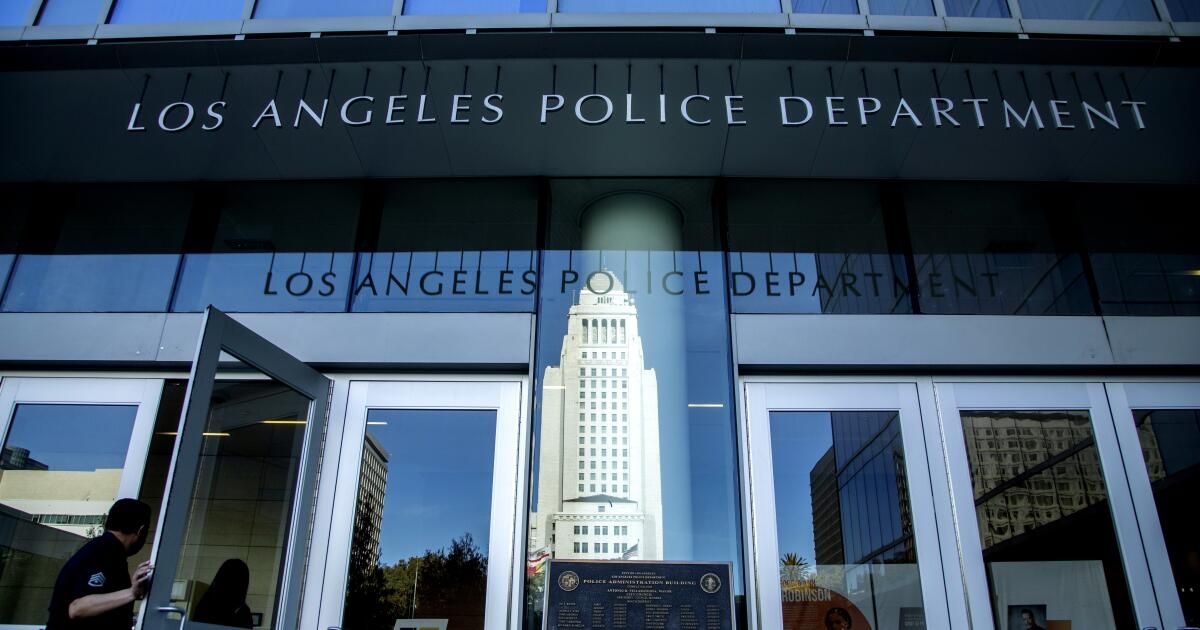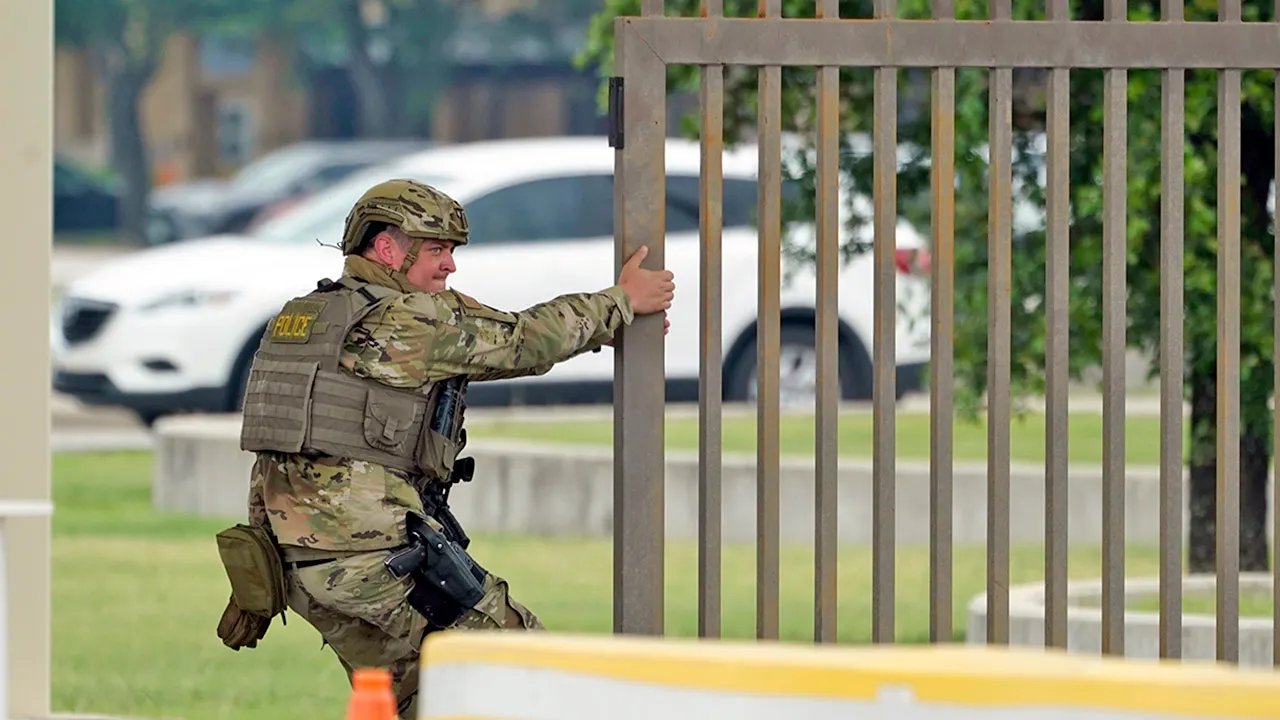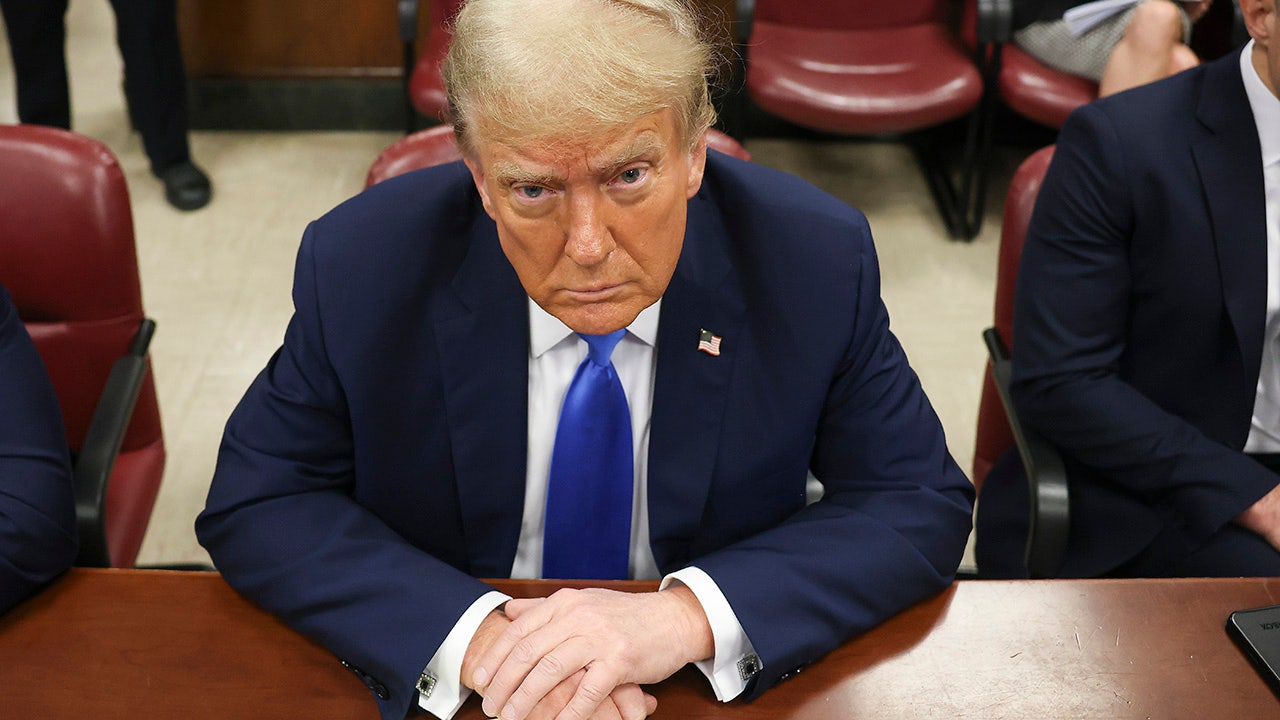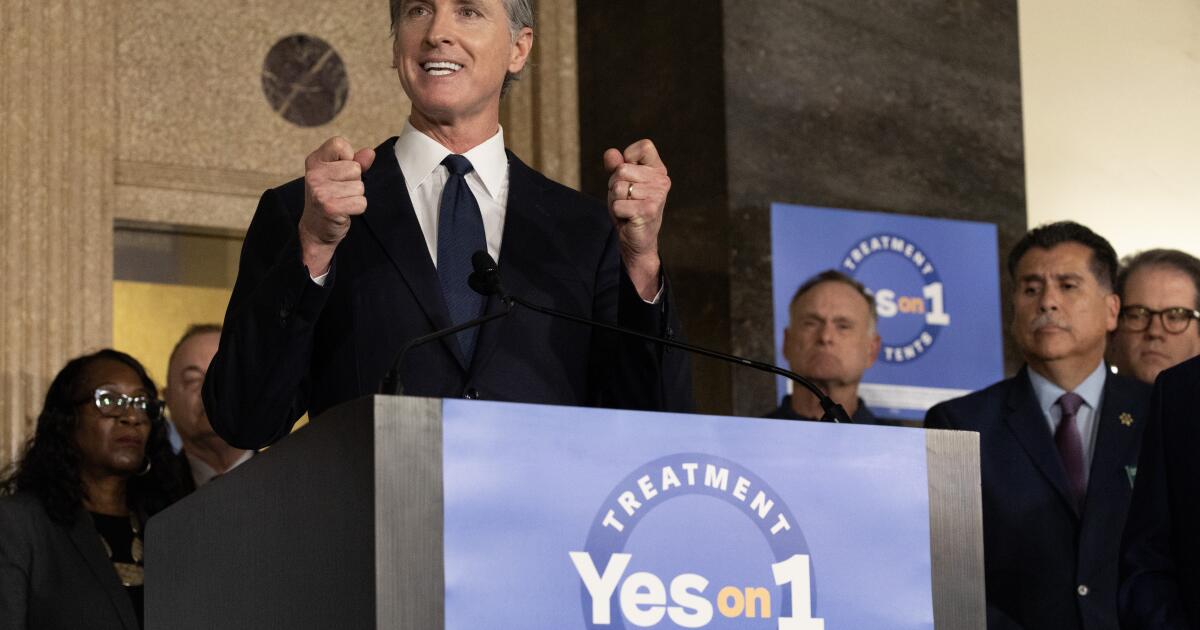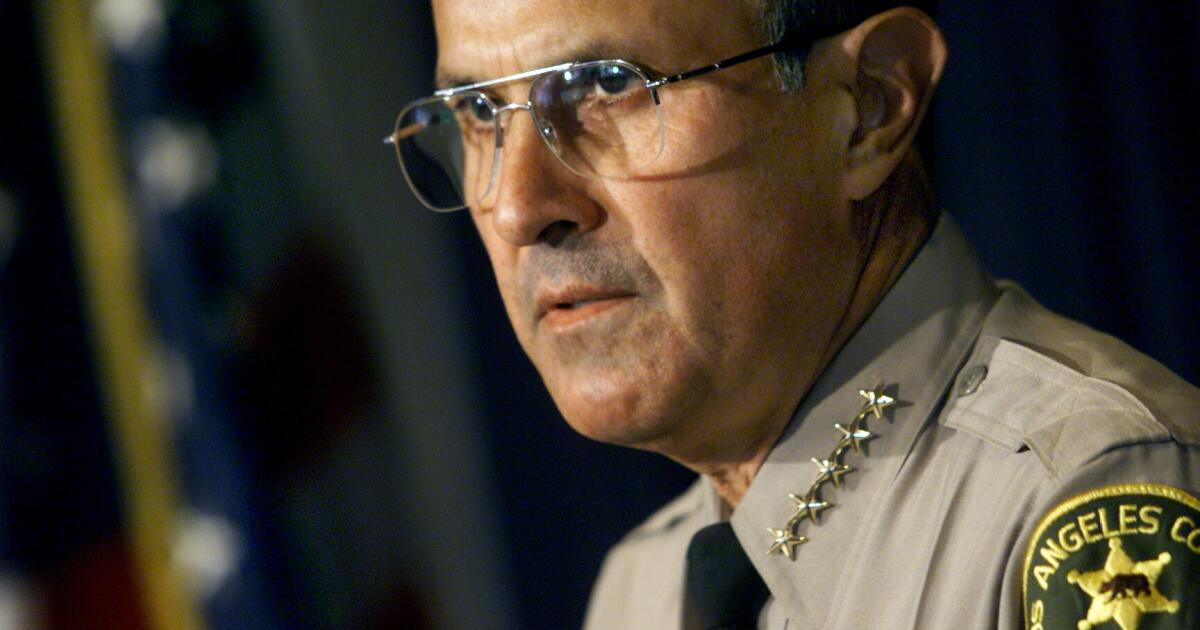A divided Los Angeles City Council opted not to override the first veto of Mayor Karen Bass' administration, effectively killing a ballot measure that would allow the police chief to fire officers for misconduct.
The City Council needed 10 votes to override Bass's veto, which she issued two weeks ago. By a vote of 9-5, the City Council accepted the mayor's veto without opposition.
Councilman Tim McOsker, who led the effort to get the LAPD disciplinary measure on the Nov. 5 ballot, expressed disappointment with the results and said city leaders had “missed a window of opportunity to make major reforms to the LAPD's disciplinary system.”
McOsker voted against accepting the mayor's veto without further action, along with Bob Blumenfield, Kevin de Leon, John Lee and Monica Rodriguez.
Councilwoman Katy Yaroslavsky welcomed the outcome of Tuesday’s vote, saying the measure “is not the real systemic reform that we need.” The veto, she said, will allow city leaders to restart the legislative process, giving the mayor “the opportunity to do more substantial reform.”
Yaroslavsky, who voted in June to send McOsker’s measure to the ballot, said he discussed the proposal with Bass and city attorneys and now believes it is “problematic.” He criticized a portion of the proposal that would have allowed police officers to appeal their firing as part of a binding arbitration process, arguing that such a system would be too lenient.
“We know that the results of arbitration are not good for maintaining that ability to keep that person fired,” he said.
Councilman Hugo Soto-Martinez also criticized the concept of binding arbitration, saying the measure would have limited the types of misconduct that could result in a police chief firing him.
That would have left the LAPD with a “two-tiered” discipline system, he said.
“That’s not reform,” Soto-Martinez told her colleagues. “That’s putting lipstick on a pig.”
The proposal, approved by the council in June, would have allowed for the outright firing of officers who engaged in “serious” misconduct, including dishonesty, physical abuse, racial bias and other forms of discrimination, and membership in a police gang.
The measure would also have rewritten the makeup of the LAPD’s three-member disciplinary panels, known as rights boards, ensuring that one member is a commanding officer.
In his veto letter to the council, Bass said the vote proposal would have left the LAPD with “gaps in guidance,” putting the agency at risk of “bureaucratic confusion.”
Bass said he met with hundreds of officers and heard a common theme: the need for a “fairer and less ambiguous disciplinary system.”
“We must bring all parties to the table and we will do so,” he said in a statement after Tuesday's vote.
A spokesman for the Los Angeles Police Protective League, which represents about 8,800 officers, said the union looks forward to working with the mayor and council to fix the department's “unfair and biased disciplinary system.”
“We fully support the mayor's pledge not to implement any changes to the current disciplinary system until a comprehensive solution is presented to voters at a future election,” league spokesman Tom Saggau said.
City Council President Paul Krekorian, who is in France for the Olympics, was unable to attend Tuesday's meeting, the first since the City Council's three-week summer break ended. On the agenda, he had asked that the vote on overriding the veto be postponed until August 14.
McOsker opposed that idea, noting that such a meeting would take place after the deadline for the proposal to be put to a vote. He asked his colleagues to instead schedule a full discussion of the mayor’s veto for Aug. 6.
The council deadlocked 7-7 on McOsker's request, with Yaroslavsky, Soto-Martinez, Marqueece Harris-Dawson, Eunisses Hernandez, Heather Hutt, Imelda Padilla and Nithya Raman voting against it.
After the vote, McOsker said he didn’t understand why the council was “so eager to uphold the veto on the first day we had the opportunity to do so, and without debate.”
“We can’t be so afraid of losing our jobs that we don’t do our jobs,” he said.

